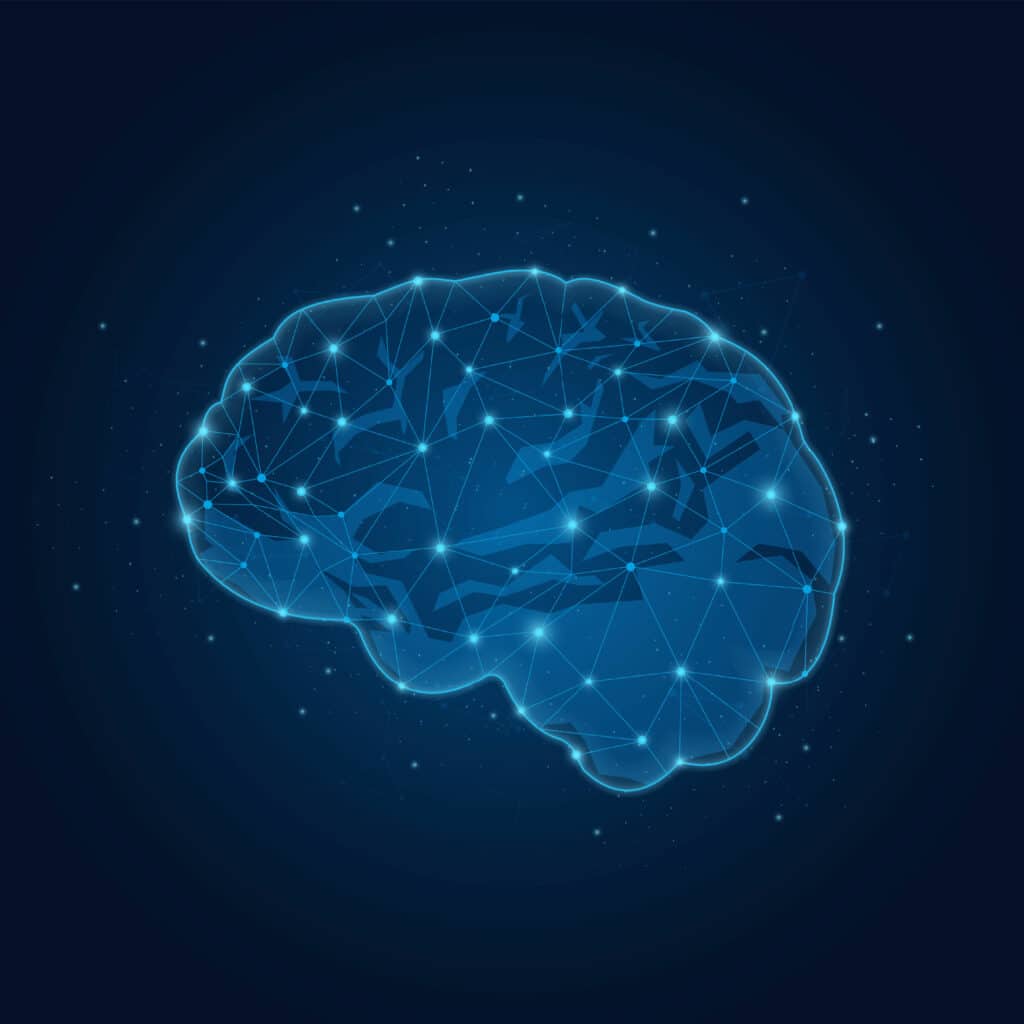
Hearing Loss Information
Approximately 48 million people in the U.S. have hearing loss to some degree. Although hearing loss is common, there are still many stigmas surrounding hearing impairment. In fact, Americans wait an average of 7 years before seeking treatment for their hearing loss. It’s best to manage hearing loss at the first signs because your hearing is connected to many parts of your well-being. Brain health, effective communication, and balance all rely on healthy hearing.
Causes of Hearing Loss
Hearing loss can have many causes, the most common including:
- Age
- Genetics
- Ototoxic medications
- Ear infection
- Earwax impaction
- Head/ear trauma
-
Health conditions
(heart disease, diabetes, high blood pressure, etc.)
Hearing loss is connected to more than you may realize, that’s why it’s important to have your hearing screened on an annual basis to catch any signs early.

Signs of Hearing Loss
Hearing loss often occurs gradually, over the course of several years. It can be difficult to recognize the signs if you don’t have your hearing screened by a professional on a regular basis. Below are some common indicators of hearing loss:
- Sounds seem muffled
- You can hear but you lack clarity
- It seems like people mumble
- It’s difficult to hear when there is background noise (in a restaurant)
- High pitched sounds are hard to hear (birdsong, doorbells, children’s voices)
- You frequently ask people to repeat themselves
- You need to turn the TV up to an uncomfortable volume

Hearing and Cognition
Hearing plays an important role in brain health and cognition. The brain relies on hearing ability to make meaning of sounds. In fact, we don’t hear with our ears, we “hear” with the brain. The ear picks up sounds from around us and sends them through the mechanisms of the ear up to the auditory cortex of the brain. This is where they are processed and stored as memory. When you can’t hear well because of untreated hearing loss, the brain has to work harder to hear the little it can. This can result in listening fatigue, atrophy, cognitive decline, and even dementia.
Our goal at Audiology of Scottsdale is to educate our patients on the importance of hearing health and how it relates to the brain. Hearing aids are a great resource to manage hearing loss and provide your brain with the necessary sounds it needs to stay active and healthy. Don’t let hearing loss go untreated and affect your quality of life, contact our office for an appointment.

